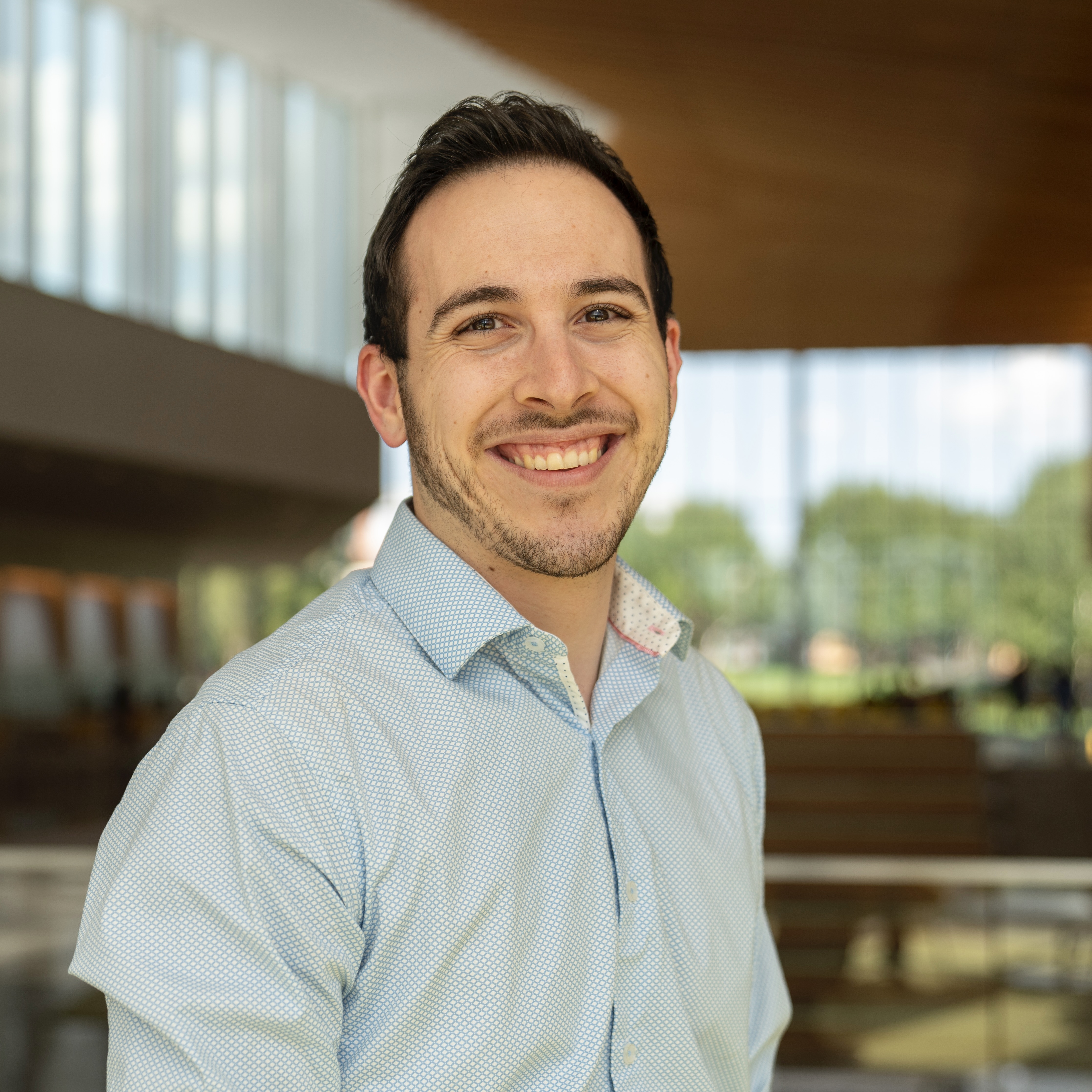Cornell K. Lisa Yang Center for Wildlife Health Awards Three ‘Catalyzing Conservation Fund’ Grants
Why are eastern rockhopper penguin populations plummeting in New Zealand? What’s a reliable, rapid test for detecting rodenticide poisoning in live birds of prey? How can we use technology to help diagnose wildlife diseases in Nepal while training local scientists?
These pressing questions are driving the three projects receiving inaugural awards from the Catalyzing Conservation Fund (CCF), a newly launched grants program from the Cornell K. Lisa Yang Center for Wildlife Health (CYCWH). The CCF provides catalytic seed funding to faculty and other researchers at the Cornell University College of Veterinary Medicine (CVM) to spur innovation and leadership, generate on-the-ground results, and ultimately deliver real-world conservation impact for wildlife and wild places. This includes supporting innovative projects with a focus on improving the health of free-ranging wildlife, catalyzing research targeted at solving environmental problems through a One Health lens, and providing rapid response funding to quickly deploy resources in urgent situations, such as wildlife disease outbreaks or mass mortality events.
The 2025 CCF awardees will address:
Protecting New Zealand’s Eastern Rockhopper Penguins
More than 70% of the world’s seabird species are in decline, yet the causes are often poorly understood. Cornell researchers are investigating the steep population drop of eastern rockhopper penguins (Eudyptes filholi) in New Zealand. “Since the 1940s, the eastern rockhopper penguin has shifted from the most to one of the least abundant penguin species in the New Zealand sub-Antarctic region. Yet we know very little about the factors leading to this rapid decline,” said lead researcher Dr. Jeffrey White. This project will conduct a comprehensive conservation assessment—including genetic analysis, dietary studies, and disease screening—across three sub-Antarctic islands. Working with the New Zealand Department of Conservation, the team will use their findings to inform targeted management plans to help protect this increasingly vulnerable species.
Investigators: Dr. Jeffrey White, postdoctoral research associate (Department of Public and Ecosystem Health); Dr. Amandine Gamble, assistant professor (Department of Public and Ecosystem Health).
Partners: Dr. Thomas Mattern (The Tawaki Trust); Dr. Gemma Clucas (Cornell Lab of Ornithology).
Developing A Lifesaving Test for Birds of Prey
Around the world, birds of prey face a hidden threat: anticoagulant rodenticides (ARs), poisons commonly used to control rodent populations. These chemicals disrupt the blood’s ability to clot and can lead to severe internal bleeding and death. “When birds of prey eat rodents that have ingested ARs, they can also succumb to the effects of these poisons,” said 2025 CCF grant recipient Dr. Jennifer Bloodgood. Currently, AR poisoning in raptors can only be confirmed after death through liver analysis, making it impossible to definitively diagnose cases while birds are still alive. With support from the CYCWH CCF, the team aims to develop a new blood test that can accurately detect AR exposure in living birds. Ultimately, this test will allow veterinarians to quickly diagnose and treat affected raptors, as well as inform policy decisions surrounding AR use.
Investigators: Dr. Jennifer Bloodgood, assistant professor of practice (Department of Public and Ecosystem Health); Dr. Marjory Brooks, professor of practice (Department of Population Medicine and Diagnostic Sciences); Dr. Cynthia Hopf-Dennis, assistant clinical professor (Department of Clinical Sciences).
Partners: Dr. Robert Goggs (Department of Clinical Sciences); Dr. Yao Zhu (Department of Population Medicine and Diagnostic Sciences).
Building Wildlife Histopathology Capacity in Nepal
The diseases impacting endangered wildlife populations in Nepal are not well understood. Determining the causes of death, especially during unexplained wildlife mortality events, provides crucial information for conservation efforts, but the inability to deploy histopathology is often limiting. This project aims to improve post-mortem diagnoses by utilizing advanced digital technology. An Ocus slide scanner will be used to create high-resolution images of prepared glass tissue slides, enabling Cornell experts to remotely assist Nepali pathologists with microscopic analysis. The digital slides created will also serve as educational tools to mentor Nepali graduate students. “These students will be well-positioned to become the future wildlife pathologists of Nepal,” said project lead Dr. Carmen Smith. By building local expertise and improving disease diagnosis, this collaboration aims to remove barriers to wildlife mortality investigations in Nepal and serve as a model for other regions with limited diagnostic capacity.
Investigators: Dr. Carmen Smith, Cornell K. Lisa Yang Center for Wildlife Health Free-Ranging Wildlife Pathology Fellow (Department of Population Medicine and Diagnostic Sciences); Dr. Martin Gilbert, associate professor of practice (Department of Population Medicine and Diagnostic Sciences).
Trainees: Dr. Bikash Puri (Agriculture and Forestry University); Dr. Dibya Paudel (Tribhuvan University/National Trust for Nature Conservation).
Partners: Food and Agriculture Organization Nepal (FAO), Central Veterinary Laboratory of Nepal (CVL), Department of National Parks and Wildlife Conservation (DNPWC), National Trust for Nature Conservation (NTNC), Agriculture and Forestry University (AFU), Tribhuvan University, Davis-Thompson Foundation.
“The Catalyzing Conservation Fund really empowers the Cornell Yang Center for Wildlife Health to tackle urgent conservation issues, and I am thrilled with the caliber of proposals our first call elicited,” said Steve Osofsky, DVM ’89, Jay Hyman Professor of Wildlife Health & Health Policy and director of the center. “These projects address key challenges in wildlife health, and all of the awardees deserve our thanks—for all they do for wildlife—and our congratulations.”
Written and collated by Caroline Stamm ‘24




